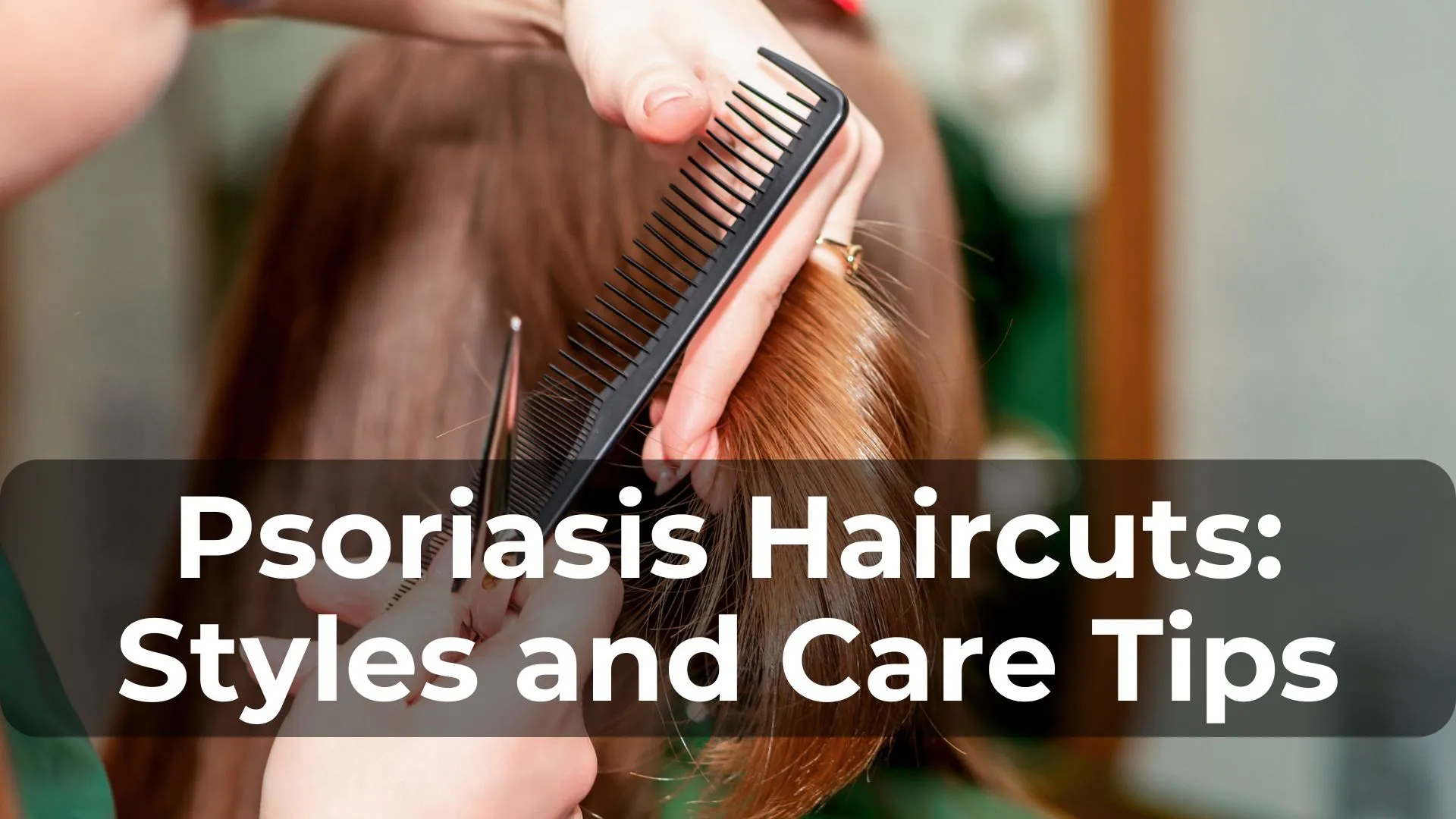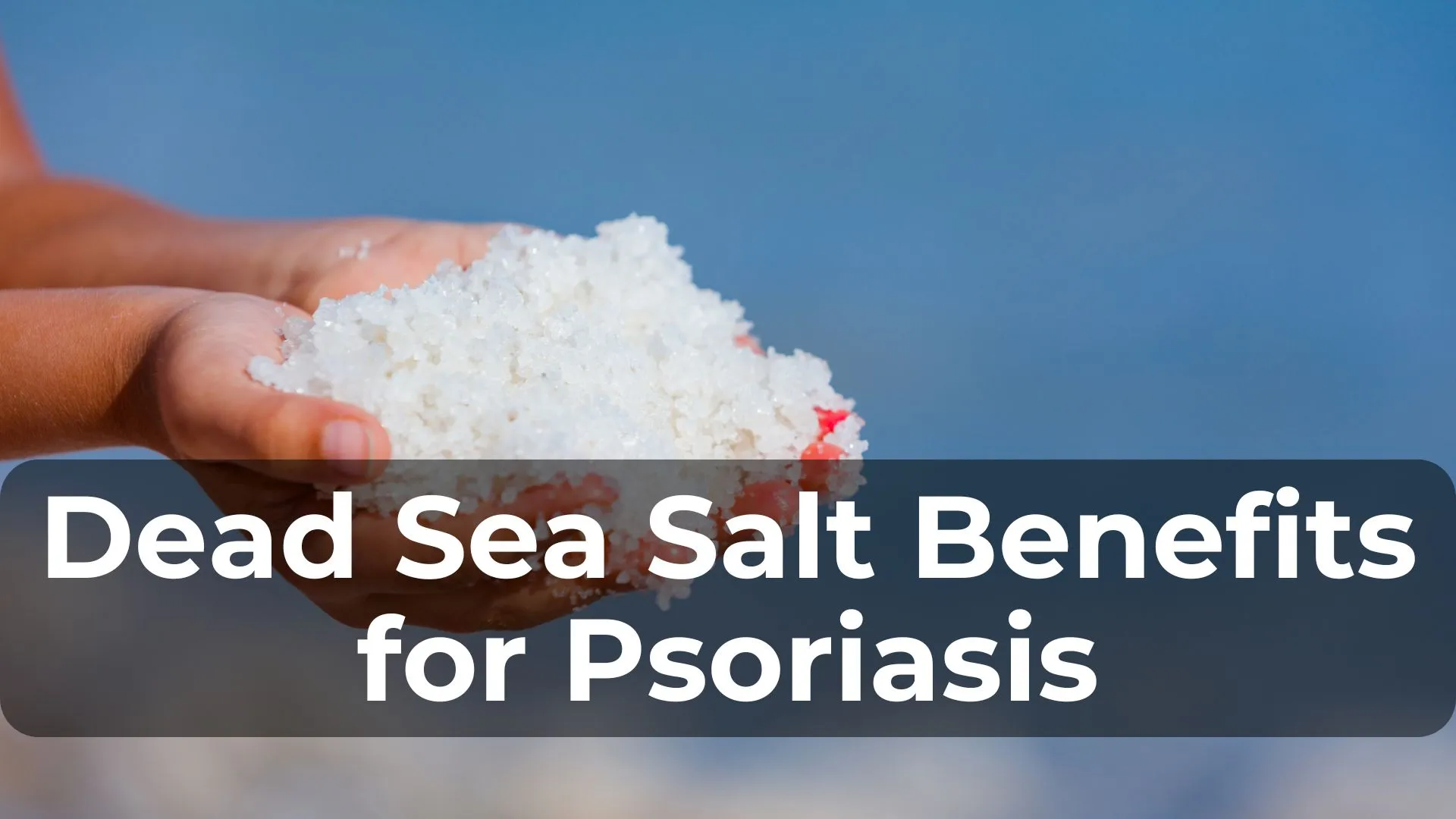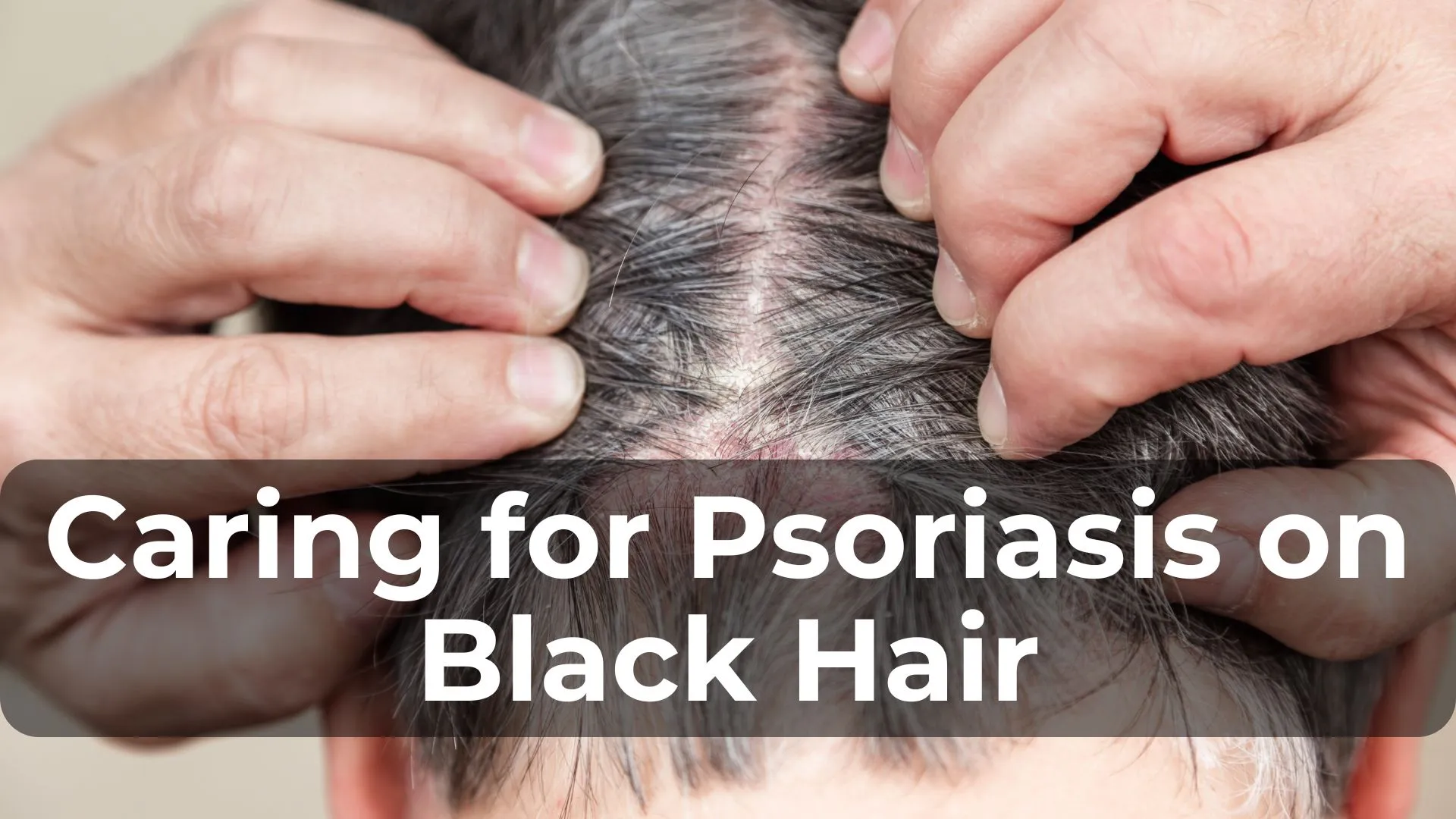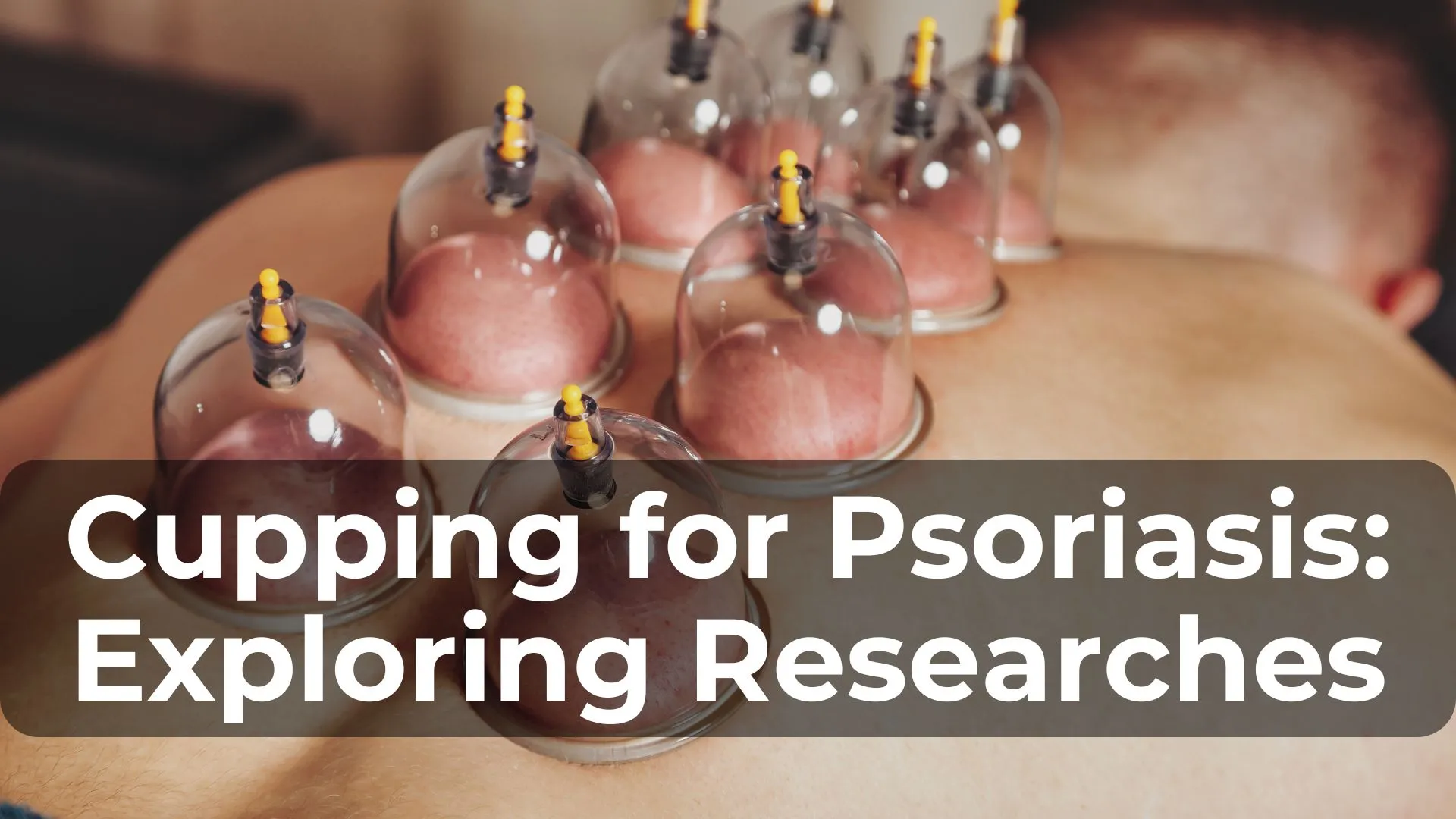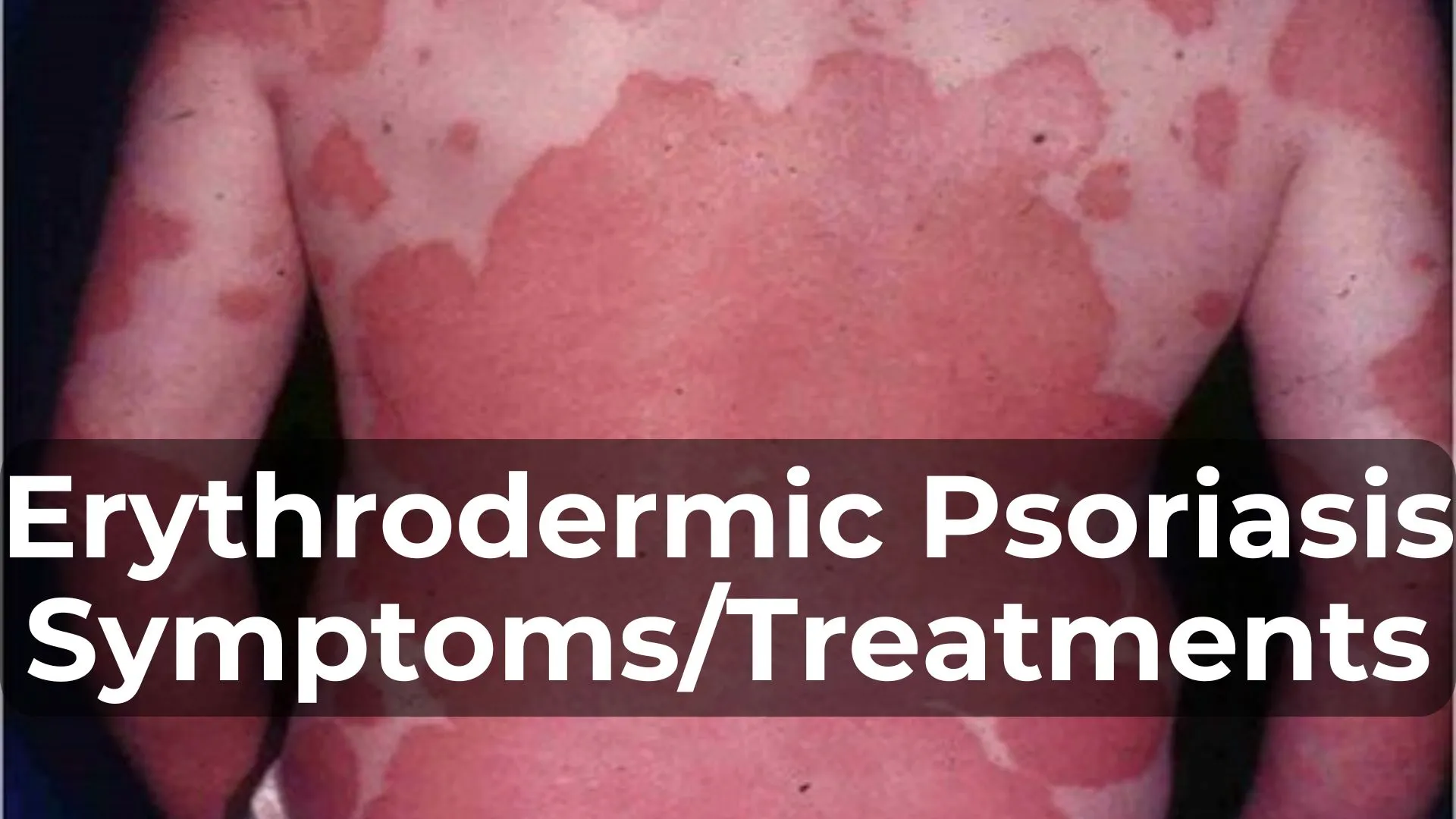
Psoriasis is a skin condition that affects millions of people worldwide, and one of its rarest and most severe forms is erythrodermic psoriasis. If you or someone you know is dealing with this condition, it can feel overwhelming. But don’t worry; there’s hope and help available. In this article, we’ll dive deep into what erythrodermic psoriasis is, explore its symptoms, and discuss various treatments. We’ll also highlight the importance of a holistic approach to truly heal the body.
Table of Contents
ToggleWhat is Erythrodermic Psoriasis?
Erythrodermic psoriasis is an inflammatory form of psoriasis that affects nearly the entire body surface with a red, peeling rash that can itch or burn intensely. It’s not just a cosmetic issue; this condition can be life-threatening due to complications such as infection, dehydration, and heart failure.
Symptoms of Erythrodermic Psoriasis
The symptoms of erythrodermic psoriasis are severe and can include:
- Widespread redness over large areas of the body
- Exfoliation, where sheets of skin peel off
- Severe itching and pain
- Changes in heart rate
- Temperature regulation issues
Conventional Treatments
Treatment for erythrodermic psoriasis aims to reduce inflammation, slow down skin cell turnover, and relieve symptoms. Here’s a brief overview of the main types of treatments:
- Topical Treatments: Creams and ointments that are applied directly to the skin can help reduce inflammation and soothe the skin.
- Systemic Treatments: These are oral or injected medications that work throughout the entire body. They can include biologics, which target specific parts of the immune system.
- Phototherapy: This involves exposing the skin to certain types of ultraviolet light under medical supervision.
While these treatments can help reduce or hide symptoms, true healing comes from treating the root cause. A holistic approach is essential for recovery, focusing on all aspects of health to detoxify the body and restore balance.
A Holistic Approach to Healing Erythrodermic Psoriasis
To truly heal from erythrodermic psoriasis, we need to look beyond just the symptoms and address the root causes. This involves a comprehensive approach that targets physical, chemical, emotional, and spiritual aspects of health.
Physical Aspects
Regular Exercise Exercise is vital for overall health and can help reduce inflammation. Activities like yoga, swimming, and walking are gentle on the skin and can be highly beneficial. Regular exercise also helps in reducing stress, which is a known trigger for psoriasis flare-ups.
Sunlight Therapy Sunlight is a natural source of ultraviolet (UV) light, which can help reduce psoriasis symptoms. However, it’s important to get the right amount of sunlight exposure. Too much can worsen the condition, while too little may not be effective. Always consult with a healthcare provider to determine the best plan for you.
Chemical Aspects
Dietary Changes Diet plays a significant role in managing psoriasis. Eating a balanced diet rich in anti-inflammatory foods can help. This includes fruits, vegetables, whole grains, and lean proteins. Avoiding trigger foods like gluten, dairy, and processed sugars can also make a big difference.
Detoxification Detoxifying the body can help remove toxins that may contribute to inflammation and psoriasis flare-ups. This can be achieved through various methods such as drinking plenty of water, consuming detoxifying foods like garlic and cilantro, and possibly undergoing supervised detox programs.
Supplements Certain supplements can support overall health and reduce psoriasis symptoms. Omega-3 fatty acids, vitamin D, and probiotics are some of the supplements that can be beneficial. Always consult with a healthcare provider before starting any new supplement regimen.
Emotional and Spiritual Aspects
The mind-body connection is powerful, and emotional well-being plays a crucial role in managing psoriasis. Stress, anxiety, and depression can all trigger or worsen symptoms. Here are some ways to address the emotional and spiritual aspects of health:
- Stress Management: Techniques like meditation, deep breathing exercises, and mindfulness can help reduce stress levels.
- Counseling or Therapy: Speaking with a mental health professional can provide support and strategies for coping with the emotional challenges of living with psoriasis.
- Spiritual Practices: Engaging in spiritual practices such as prayer, journaling, or spending time in nature can provide a sense of peace and grounding.
Natural Remedies for Soothing the Skin
Natural remedies can be an excellent way to soothe the skin and help it heal faster. Here are some popular options:
- Aloe Vera: Known for its soothing properties, aloe vera can reduce redness and inflammation.
- Coconut Oil: This natural moisturizer can help keep the skin hydrated and reduce flaking.
- Oatmeal Baths: Adding colloidal oatmeal to your bath can help relieve itching and soothe irritated skin.
- Tea Tree Oil: With its anti-inflammatory and antiseptic properties, tea tree oil can help reduce psoriasis symptoms. However, it should be used with caution and always diluted properly.
Conclusion
Erythrodermic psoriasis is a challenging condition, but with the right approach, it is possible to manage and even heal. While conventional treatments play a crucial role in reducing symptoms, a holistic approach that addresses physical, chemical, emotional, and spiritual aspects is key to true healing. By making lifestyle changes, managing stress, and incorporating natural remedies, you can support your body in its journey toward recovery. Remember, you’re not alone, and there’s a community and resources available to support you every step of the way.


